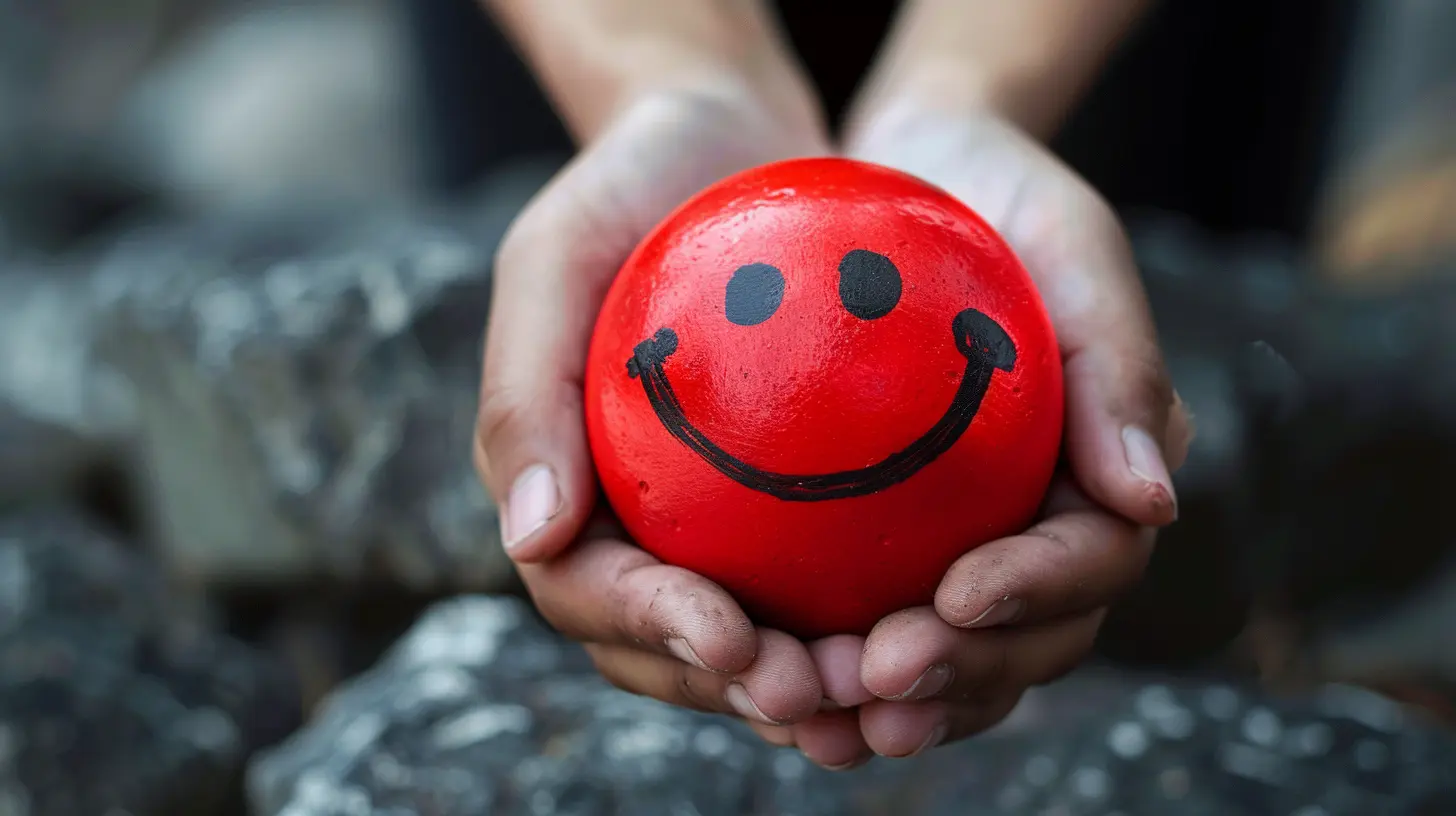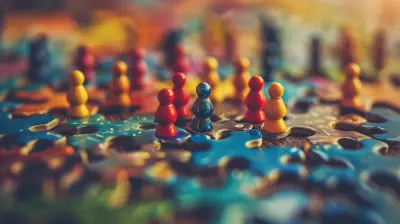1 April 2025
In a world full of chaos and uncertainty, emotions often dictate our reactions. Ever snapped at someone without meaning to? Or felt overwhelmed by stress and lashed out? Emotional self-control is the key to handling these moments with grace, and surprisingly, gratitude plays a massive role in this ability. But how exactly does being grateful help regulate emotions? Let’s dive deep into the psychology behind it.

Understanding Emotional Self-Control
Emotional self-control is the ability to manage impulsive reactions, resist short-term temptations, and stay composed in challenging situations. It’s the reason why some people remain calm under stress while others explode in frustration.This skill is linked to emotional intelligence and is crucial for personal and professional success. Without it, minor inconveniences could trigger major meltdowns. Fortunately, like a muscle, emotional self-control can be strengthened—and gratitude is one of its best exercises.

The Science Behind Gratitude and Emotional Regulation
Gratitude isn’t just about saying “thank you.” It’s a deep appreciation for life’s positives, big or small. According to neuroscience, practicing gratitude activates brain regions associated with emotional regulation, including:- The Prefrontal Cortex – This part of the brain helps with decision-making and impulse control. Gratitude strengthens it, making it easier to manage emotions.
- The Amygdala – This is where emotions like fear and anger originate. Gratitude helps tone down its overactivity, reducing impulsive emotional outbursts.
- The Dopaminergic System – Gratitude boosts dopamine and serotonin, neurotransmitters that promote feelings of happiness and well-being, leading to better emotional balance.
In short, gratitude rewires the brain to be more emotionally resilient. When we focus on what we’re thankful for, we shift attention away from negativity and reduce emotional impulsivity.

How Gratitude Enhances Emotional Self-Control
1. Slows Down Reactive Emotions
Think about the last time you felt frustrated—maybe someone cut you off in traffic, or your boss criticized your work. Your initial reaction might be irritation or anger. However, practicing gratitude forces you to pause and shift your perspective.Instead of focusing on the frustration, you might remind yourself, "At least I have a car to drive," or, "This feedback will help me improve." That subtle shift reduces the emotional charge and prevents knee-jerk reactions.
2. Builds Emotional Resilience
Grateful people tend to bounce back faster from setbacks. Instead of dwelling on failures or disappointments, they recognize the lessons and move forward. This resilience comes from the ability to reframe negative experiences in a positive light.For instance, if you lose a job, instead of spiraling into panic, gratitude allows you to focus on the potential opportunity for growth. You might think, "Maybe this is the push I needed to find something even better." This mindset prevents you from making emotionally-driven, regrettable decisions.
3. Reduces Stress and Anxiety
Stress and anxiety often cloud judgment, making emotional self-control difficult. Gratitude counters this by reducing cortisol levels, the hormone responsible for stress.A study published in Psychosomatic Medicine found that individuals who practiced daily gratitude had lower blood pressure, reduced cortisol levels, and better heart health. Lower stress means a calmer mind, making it easier to respond rationally in emotionally charged situations.
4. Shifts Focus from Reactivity to Mindfulness
Gratitude encourages mindfulness—the practice of being present in the moment. Instead of reacting impulsively to emotions, you start observing them. Being grateful makes you more aware of emotional triggers and offers a sense of control over how you respond to them.When something upsetting happens, gratitude helps you detach from the negativity and assess the situation more objectively. This ability to step back before reacting strengthens emotional self-control.
5. Strengthens Relationships
Ever had a conflict with a loved one that escalated because of one emotionally charged comment? Relationships thrive when emotions are managed well. Gratitude fosters empathy and patience, reducing the likelihood of aggressive or thoughtless responses.When you appreciate your partner, friend, or colleague, you’re less likely to lash out over small disagreements. Instead of getting stuck on minor annoyances, you recognize the bigger picture—valuing the relationship over winning the argument.

Practical Ways to Cultivate Gratitude for Better Emotional Control
Knowing the benefits of gratitude is one thing, but how do we actually incorporate it into daily life? Here are some simple but effective ways to make gratitude a habit:1. Keep a Gratitude Journal
Writing down three things you’re grateful for each day rewires your brain to focus on positives. Over time, this shift helps regulate emotional impulses by making gratitude your default response.2. Practice Gratitude Before Reacting
The next time you feel anger, frustration, or sadness creeping in, pause. Ask yourself, "What can I be grateful for in this moment?" This small mental shift can neutralize negative emotions before they escalate.3. Express Gratitude to Others
Saying “thank you” and appreciating others strengthens relationships and reduces emotional conflicts. When gratitude is part of your communication style, emotional regulation naturally improves.4. Use Gratitude as a Meditative Practice
Spend a few minutes each day in silence, reflecting on things you’re grateful for. This practice trains your brain to approach life with a calmer, more balanced mindset.5. Reframe Negative Situations
When facing a tough situation, actively look for something positive within it. Shifting perspective to gratitude prevents emotions from spiraling out of control.Final Thoughts
Gratitude isn’t just a nice thing to practice—it’s a powerful tool for emotional self-control. By fostering a thankful mindset, we strengthen the brain’s ability to manage impulsive reactions, reduce stress, and build emotional resilience.So, next time you’re faced with frustration or anger, take a moment to find something—anything—to be grateful for. That small shift could be the key to mastering your emotions and improving your overall well-being.


